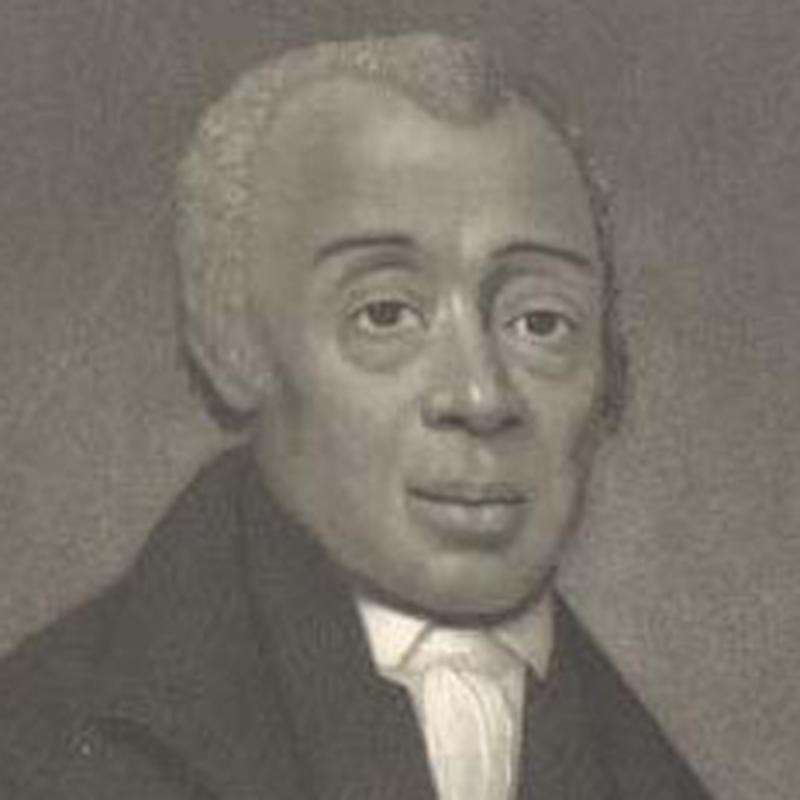Expanding the Delaware Story video released for Delaware Day
The stories of Delawareans who were enslaved, and of those who helped break the bonds of slavery, is explored in Delaware Day 2020 – Expanding the Delaware Story, a series of five videos released on the Division of Historical and Cultural Affairs’ webpage at history.delaware.gov/delaware-day-2020.
Produced by the division in collaboration with the Government Information Center, the short videos feature community members and division employees telling the stories of individuals whose lives are invaluable in understanding Delaware’s complex history.
Access to the videos is free and open to the public.
Delaware Day honors the anniversary of Delaware becoming the first state to ratify the U.S. Constitution Dec. 7, 1787. Traditionally, the day’s activities have focused on the five Delaware signers of the Constitution — Richard Bassett, Gunning Bedford Jr., Jacob Broom, John Dickinson and George Read. As members of the remarkable group of men who founded the United States, their lives and accomplishments have been celebrated and well documented in the historical record.
In 2020, however, the division sought to expand the Delaware Day narrative by spotlighting the lives of five other people who contributed to Delaware’s colonial and early statehood history, and whose stories also deserve to be told and preserved – Dinah, James Summers, Bishop Richard Allen, Warner Mifflin and an unnamed Black male who was one of the first people of African origin to live in Delaware.
In creating these videos, HCA Director Tim Slavin said, “We are striving to practice inclusive history and will not shrink from, or ignore the pain of, our shared heritage. We are committed to both preserving and interpreting Delaware’s difficult history.”
Following is information on each of the individuals portrayed in the videos.
Dinah was a skilled spinner who was enslaved for over 26 years. She was held in bondage primarily by different men of the Dickinson family. Freed alongside her children in John Dickinson’s 1786 manumission document, Dinah eventually married Peter Patten, a free Black tenant of John Dickinson. The latest record of Dinah dates to 1810.
James Summers was born a free Black man in the later part of the 18th century. He married an enslaved woman, meaning his children were enslaved at birth. By 1797, he had worked out an arrangement with the family that held his children in bondage and was able to sign the manumission document setting them free in the Recorder of Deeds Office in the State House (now Old State House) in Dover.
Richard Allen was born enslaved on Feb. 14, 1760. When he was 8 years old, he and his family were sold to Stokely Sturgis of Dover. Sturgis permitted Allen to attend religious meetings and later to purchase his own freedom. Allen joined the Methodist church and preached in Delaware and adjoining states. He was a founder and first bishop of the African Methodist Episcopal Church which was established in Philadelphia in 1816. Allen died on March 26, 1831.
Warner Mifflin was a giant of an 18th century Quaker abolitionist. He petitioned legislatures. He wrote to congressmen, governors and presidents. His personal beliefs about the ills of slavery led him on a crusade from North Carolina to New England to end the practice. He believed it was a blight on America and that the nation would pay for the sin of slavery if it was not abolished.
The fifth person is memorialized in Burial #9, Unnamed Black Male, Avery’s Rest. In 2014, archaeologists working at the Avery’s Rest site west of Rehoboth Beach excavated 11 human burials. Scientific and DNA analysis determined that three of the individuals were of African origin. Historical context suggests these were Black people enslaved by John Avery. One burial, dated between 1674 and 1714, was that of an unnamed Black male who, at death, was between the ages of 32 and 42. The division is committed to restoring the dignity of these individuals and their rightful place in the history of Delaware.




















































